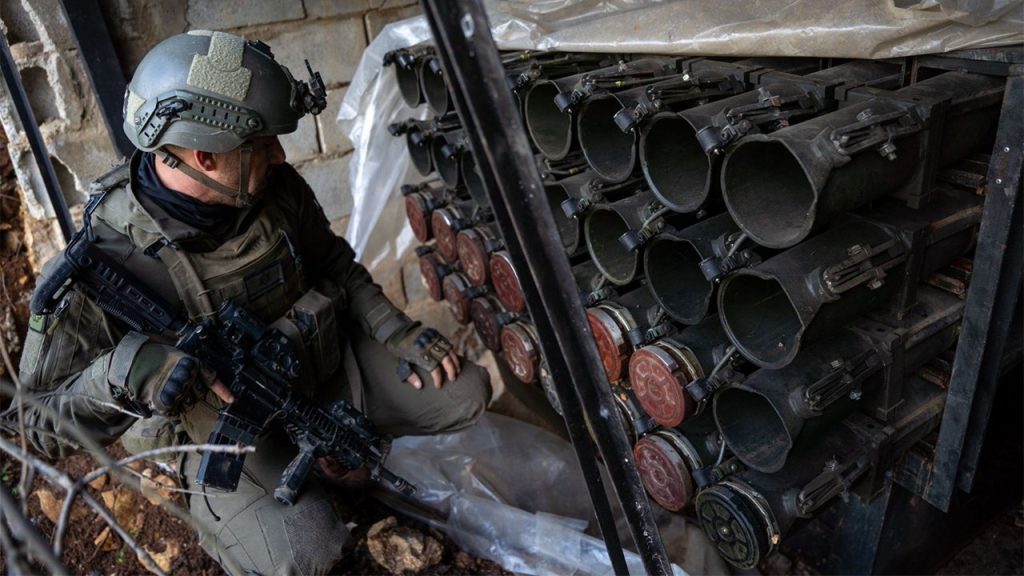Israeli troops discovered and destroyed a more than 300-foot-long underground tunnel used by Hezbollah’s Radwan Forces as a terrorist hideout in southern Lebanon. The tunnel contained rifles, machine guns, anti-tank missiles, and observation systems, all of which were confiscated and destroyed. Additionally, an anti-tank missile stockpile and heavy machine gun positions aimed at IDF posts were found near the tunnel. The tunnel connected to a Hezbollah command center that contained rockets used to fire at Israel during the conflict, as well as explosives. UNIFIL called for Israeli forces to withdraw from southern Lebanon, citing violations of a ceasefire agreement with Hezbollah brokered by the U.S.
The ceasefire agreement between Israel and Hezbollah, which includes a phased Israeli military pullout from southern Lebanon, aims to end more than a year of conflict. Under the terms of the agreement, Hezbollah fighters must move north of the Litani River, while UNIFIL monitors the area to ensure it remains free of armed personnel and weapons belonging to Lebanon’s government and UNIFIL. Israel has faced criticism from UNIFIL for its continued operations in southern Lebanon, including the destruction of residential areas, farmland, and infrastructure.
The Israeli military is reviewing UNIFIL’s criticism but has not offered further comment. The ceasefire arrangement allows Israeli forces up to 60 days to withdraw from south Lebanon, while offensive operations by either side are prohibited. Lebanon’s army is working with UNIFIL and the committee overseeing the ceasefire agreement to address Israel’s actions in southern Lebanon. The goal of the agreement is to promote peace in the region and prevent further conflict between Israel and Hezbollah.
The discovery and destruction of the underground tunnel highlight ongoing tensions between Israel and Hezbollah in southern Lebanon. The presence of weapons and military installations in the tunnel, as well as the surrounding area, underscores the threat posed by Hezbollah to Israel’s security. The intervention of UNIFIL, as well as the ongoing monitoring of the ceasefire agreement, is key to maintaining stability in the region and preventing further violence.
Overall, the situation in southern Lebanon remains delicate as Israeli forces continue their withdrawal and Hezbollah fighters relocate north of the Litani River. The role of UNIFIL in monitoring the ceasefire agreement, as well as the cooperation of Lebanon’s government and Israel, is essential in preventing a resurgence of conflict in the region. Both sides must adhere to the terms of the agreement and work towards a peaceful resolution to the ongoing tensions between Israel and Hezbollah in southern Lebanon.














